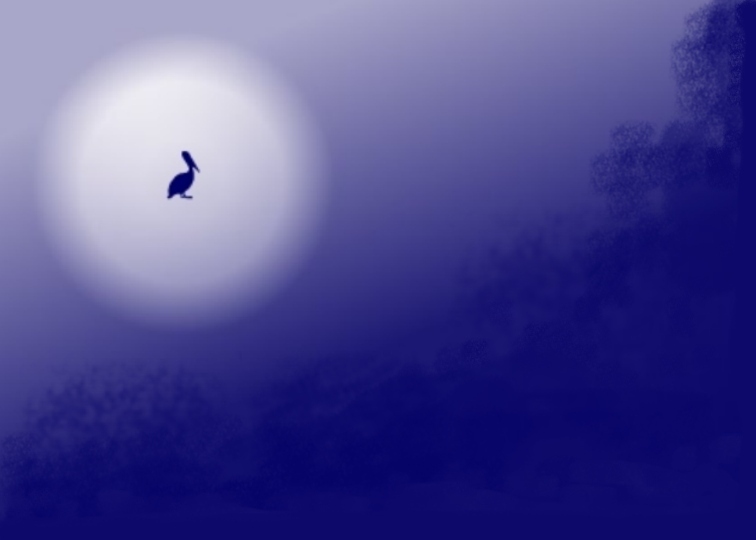Notes |
|
Comment |
|
Zen and the Art of Motorcycle Maintenance is by Robert M Pirsig
Of course self-delusion is only a problem to the deluded when they see the error of their ways. Otherwise ignorance is bliss. |
A Dire WarningIn 1969 John Kennedy Toole committed suicide following a period of depression that was induced by his failure to find a publisher for his comic novel A Confederacy of Dunces. Seven years later, his mother brought the book to the attention of the writer Walter Percy. Percy loved it and Dunces was finally published in 1980 by the Louisiana State University Press. It became a literary hit and went on to win the Pulitzer prize and sell 1.5 million copies, with translation into 18 languages. Writers love stories like this (except for the suicide bit, maybe). James Joyce's Dubliners was turned down by 22 publishers, the 70's cult classic Zen and the Art of Motor Cycle Maintenance by 121. Emily Dickinson managed to get only seven poems published in her lifetime. Beatrix Potter could not find anyone to take on The Tale of Peter Rabbit and had to publish it herself. It's easy to see how publishers get things wrong, though. A great book or a best seller (not necessarily the same thing) has to be different, unique in some way. All publishers are on the look out for 'the next great thing' but they are also risk averse. They have to be. They can't afford too many turkeys. The decision as to whether or not to take a punt on something new or strange can be agonising. Only a dunce would not err on the side of caution. A consequence of this is that there are without doubt great works of literature that never get published. What would have happened if Thelma Toole had not insisted that Walter Percy read her dead son's manuscript? Or if Robert Pirsig had given up after publisher 118? Or if Emily Dickinson's sister Lavinia had done as Emily wanted and burned all her papers when she died? The threads of chance are thin and frail. For every only-just-made-it story there are maybe hundreds or thousands of masterpieces that never make it at all. And, of course, the more different and original a work is, the more those publishers are going to be scared of it. Isn't that comforting? Your conviction that you are a genius may be fully justified despite that avalanche of rejection slips. You must keep on believing in yourself. You must keep on trying. Remember Robert Pirsig. Your day will come and even if it doesn't then your work might still be as brilliant as you want it to be. Your place in the pantheon of great writers is secure even though no one except your dear, old, white-haired mother recognises the fact. Unfortunately, though, there is no greater foolishness than self-delusion. The shame of such a state is far greater than the mere embarrassment of being wrong. Thus, the Shade of McGonagall stands at every writer's shoulder, confident, assertive and ridiculous. How do you know this is not your fate? 14 october 2008 |
That's so,so sad. Janice
I got these numbers off the Internet so they must be right Ed.
If you uncertain as to the difference between a great book and a best seller, just ask Amanda what she thinks of Dan Brown's The Da Vinci Code. Ed.
My dear, old, white-haired mother Ed. |
 |
 © Chris Else 2008 |
 |

